Gas vs Electric Water Heater: Compare and Choose Wisely
When deciding between gas or electric water heaters, it's crucial to understand the key differences. This article provides a comprehensive analysis of both, outlining pros and cons, energy efficiency, and upfront costs to guide homeowners towards informed choices. Our detailed comparison can help you choose a water heater that would be the best fit for your home.

How do electric water heater work?
Understanding how your electric water heater operates is essential for appreciating the technology that supplies hot water on demand. Your heater heats water using electrical power from your home and keeps it stored in a tank with submerged heating elements. Once water temperature reaches the thermostat's setting, the heating elements are turned off, ensuring that water remains hot until used. This efficient and convenient water heating solution owes to the technology behind electric water heaters.

Benefits of using electric water heaters
Electric water heaters offer a host of benefits over traditional gas-powered heaters:
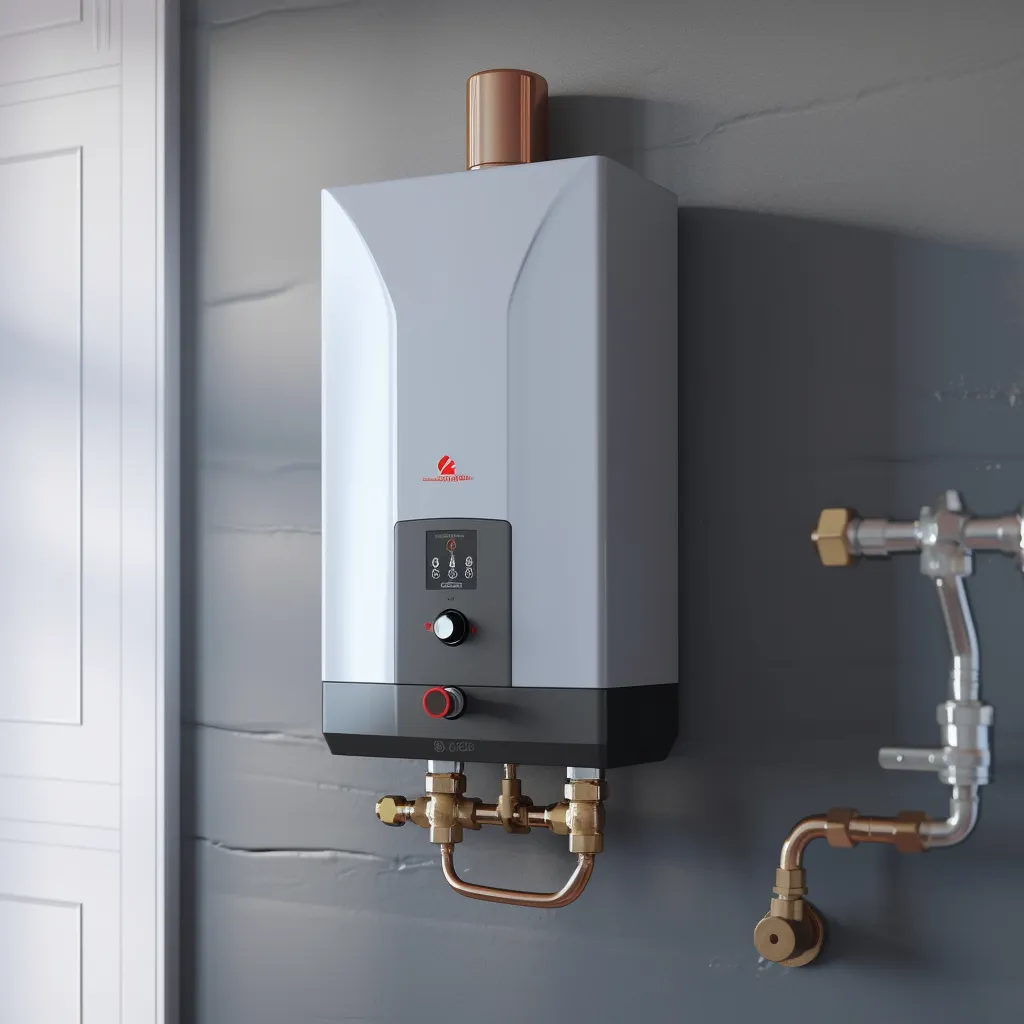
Electric water heaters are user-friendly, requiring no complicated installations or maintenance. Making them the ideal option for busy homeowners.
Due to their energy efficiency, electric water heaters lower your utility bills as they don't require a flame to heat the water.
A popular choice, they produce less noise compared to gas-powered water heaters.
Versatility at its best! Electric water heaters can be installed anywhere in your home, regardless of its size.
Disadvantages of electric water heaters
Electric water heaters have several benefits, but it's important to weigh them against their drawbacks for an informed decision.
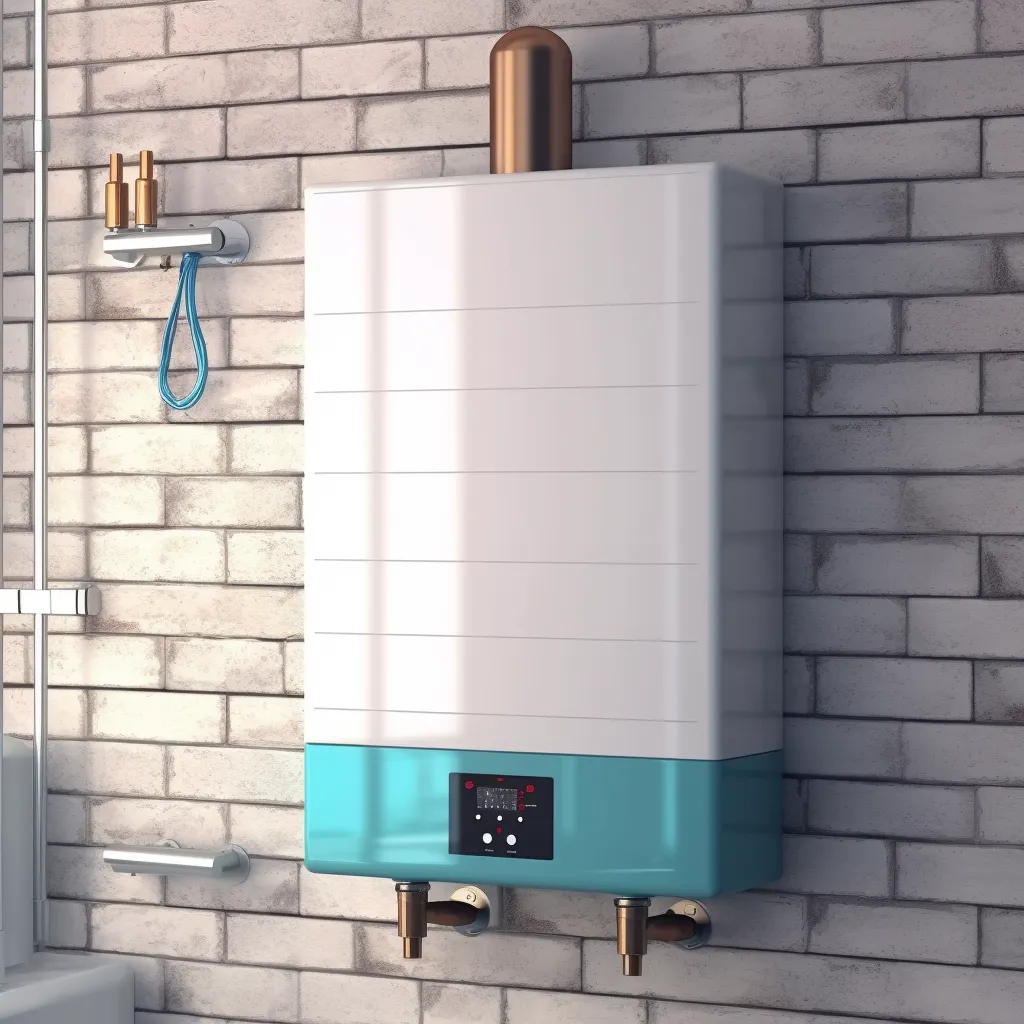
Electric water heaters recover at a slower rate than gas models, which means heating water can take longer.
While they are more energy-efficient, the bills can still be expensive. You'll have to pay more upfront for electric units.
They also have a shorter lifespan relative to gas water heaters, so you may need to replace the unit
more quickly.
Electric water heaters need electricity to function, so during power outages, there may be no hot water.
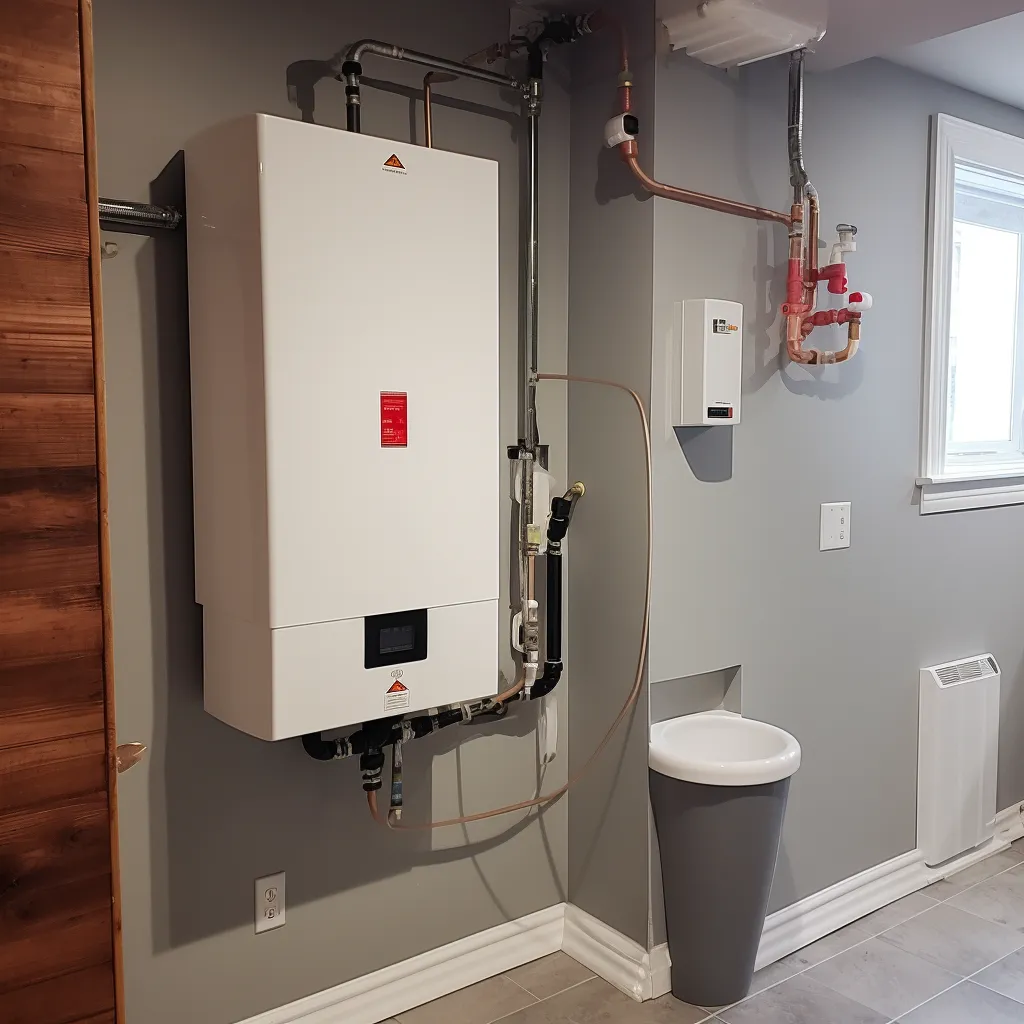

How do gas water heater work?
Gas water heaters work by igniting a gas burner located at the bottom of a large tank. Subsequently, the system heats the water that then flows through a tap when opened. The cycling of hot water rising and incoming cold water guarantees a dependable stream of hot water. If you are looking for a reliable way to heat water, gas water heaters might just be the solution you need.
Advantages of using gas water heaters
Gas water heaters are highly preferred in households for various reasons, including efficiency, cost savings, and durability. With proper maintenance, they can provide reliable hot water for long periods, making them an ideal investment for homeowners looking for a budget-friendly solution.
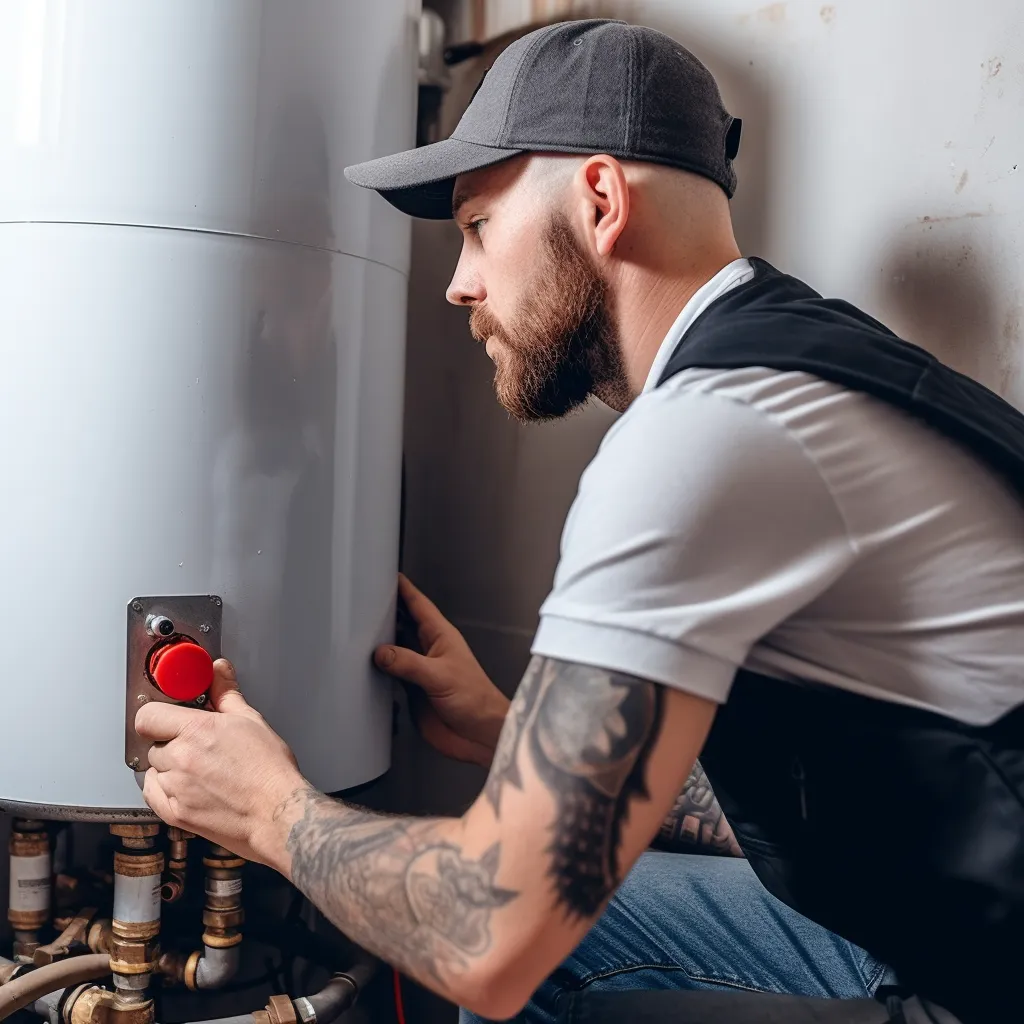
Faster Hot Water: With a gas model, hot water is available faster than with an electric unit.
Longer Lifespan: A properly installed and maintained gas water heater can last for many years, which means you won't need to replace it as often.
Easy Installation: Gas heaters are simpler to install and require less specialized knowledge than electric models.
Lower Upfront Cost: Gas water heaters are often less expensive to purchase upfront.
Cost-Effective Choice: Since they use natural gas, gas water heaters are more cost-effective than their electric counterparts over the long term.
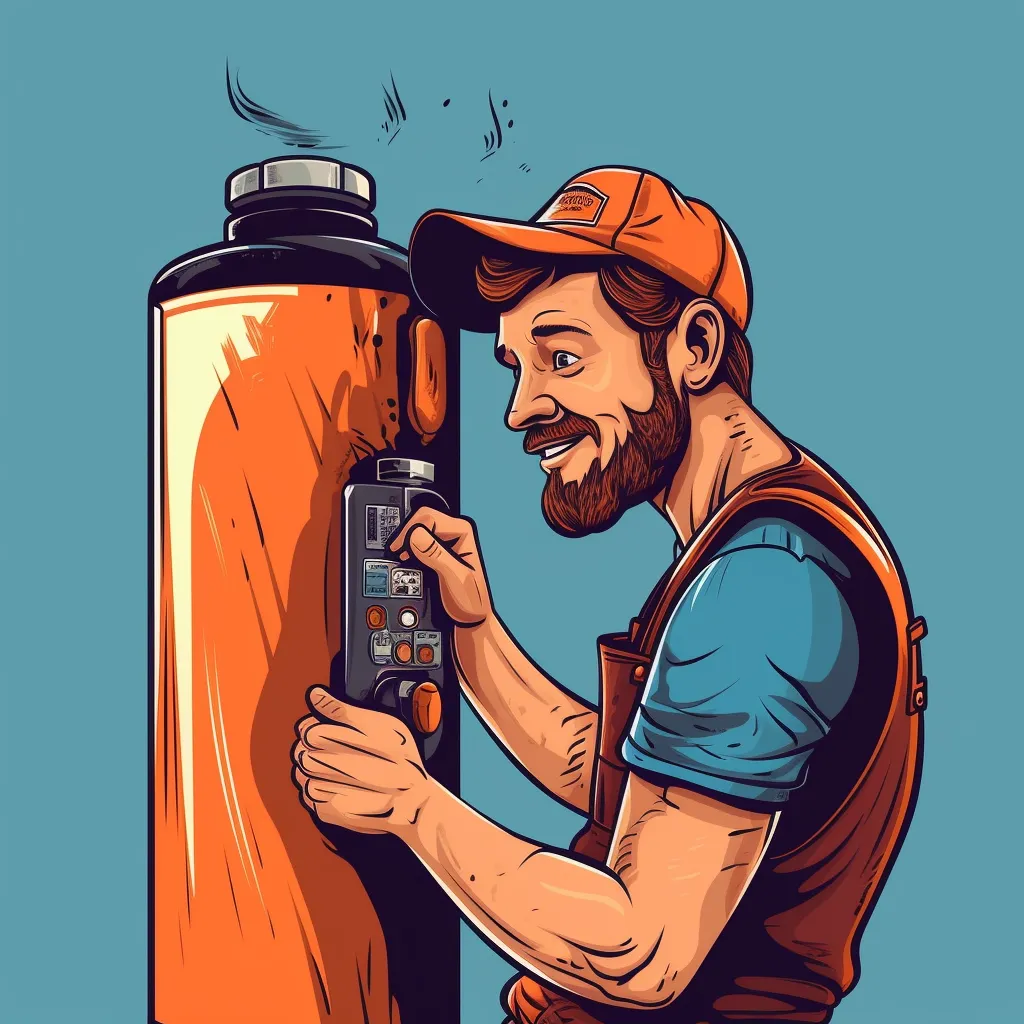
Drawbacks of gas water heaters
Gas water heaters, while offering numerous benefits, may present certain drawbacks that demand consideration for a well-informed decision.
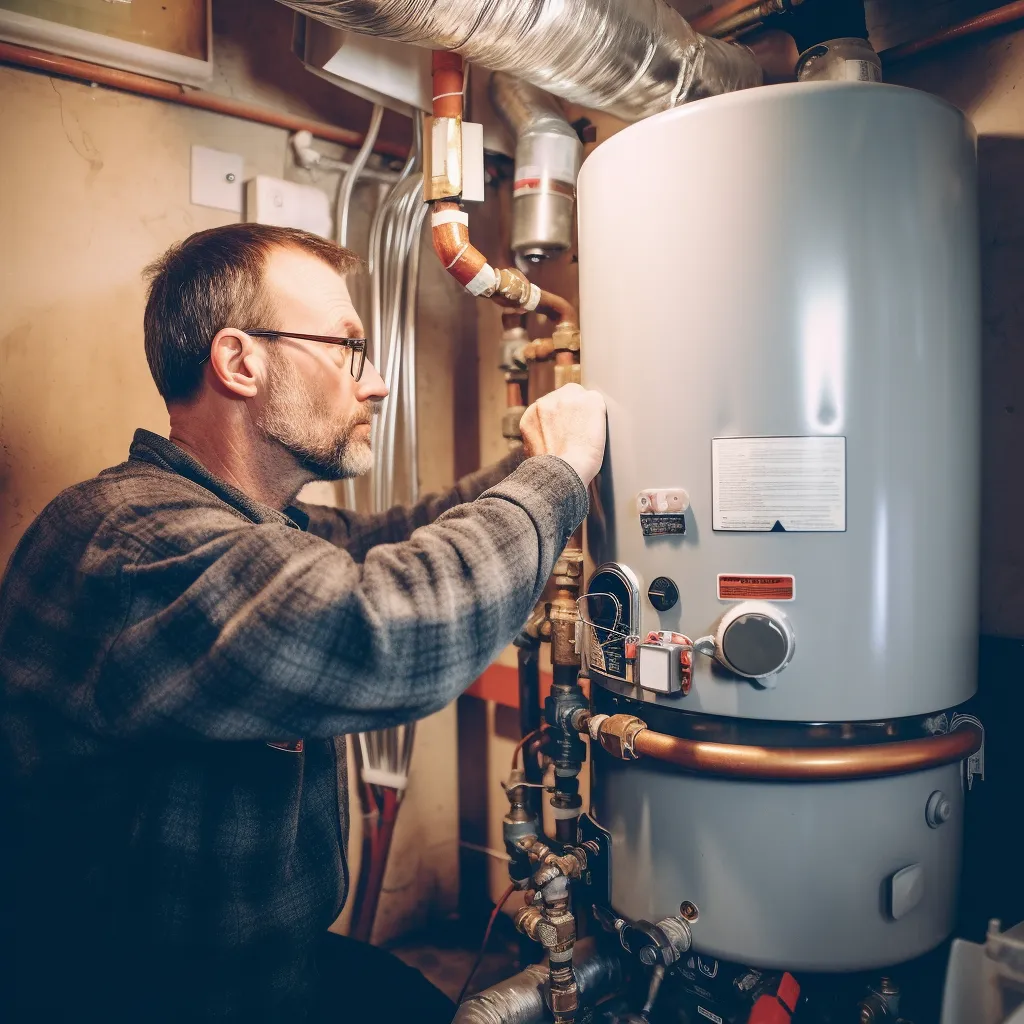
Polluting: When you burn natural gas, it emits pollutants that add to air pollution due to its association with fossil fuel consumption.
Risk of explosion: Proper installation and use of gas water heaters are essential for preventing potential explosions. Follow all safety regulations and guidelines for maximum safety.
Higher maintenance costs: Gas water heaters bear comparatively higher maintenance expenses than electric ones. You may hire a professional to maintain it regularly to avoid unwanted costs.
Longer installation time: You need to allocate several hours for the installation of gas water heaters, unlike electric units that complete the installation process in a short time.
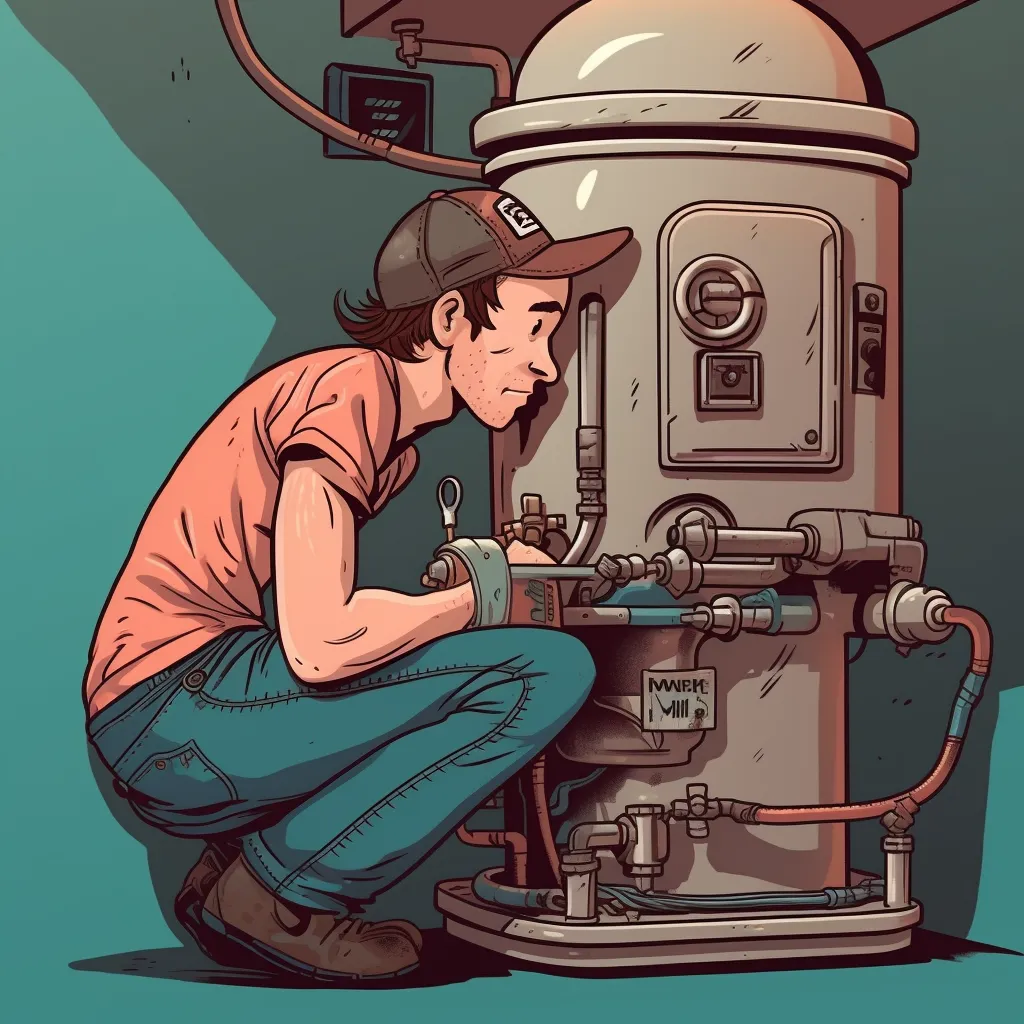
Are electric water heaters energy-efficient
The efficacy of electric water heaters is impacted by several variables, such as insulation quality, operating temperature, and unit size. Despite being generally considered less efficient compared to gas-powered water heaters, electric models continue to increase their energy efficiency ratings, making them an increasingly attractive option for homeowners looking to save on energy costs.
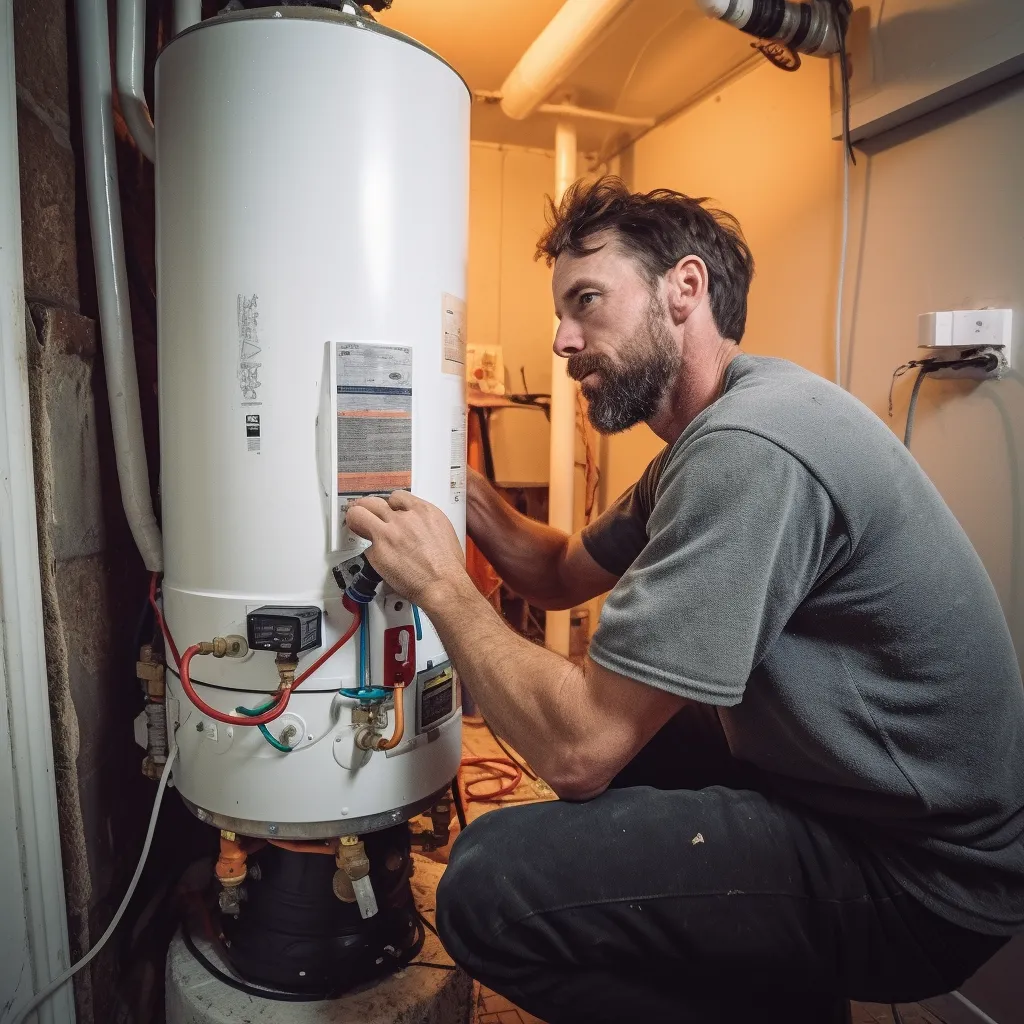
Are gas water heaters energy-efficient
Gas-powered water heaters are the economical and environmentally friendly alternative to their electric peers, operating through natural gas combustion for energy efficiency. The size and model of the heater, alongside maintenance practices, contribute to the effectiveness rating. Arranging regular maintenance, including tank flushing and thermostat inspections, ensures supreme optimization for cost-effective benefits.
What does it cost to buy and install an electric water heater?
An electric water heater comes in a variety of sizes and features, with costs varying based on these factors. Typically, a 50-gallon model will set you back around $300 to $800, with installing costing an additional $300 to $500 depending on the required permits and scope of work. Prior to installation, take into account your home's plumbing and electrical wiring situation. Though upfront costs may seem steep, having an electric water heater is a sensible long-term investment, one that leads to energy bill savings.

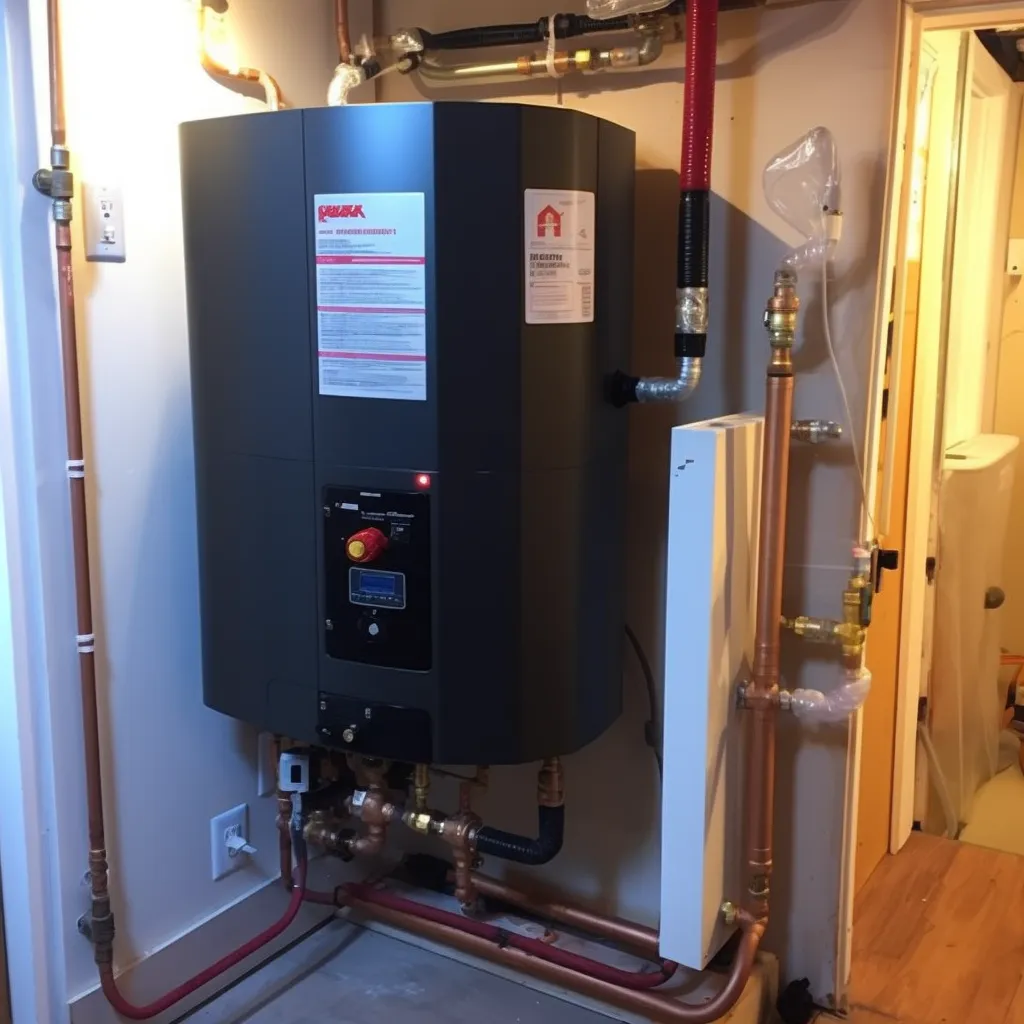
What does it cost to buy and install a gas water heater?
When it comes to gas water heaters, there is a wide range of sizes and prices, ranging from $500 to $1,500, with the high-end models costing as much as $3,000. Installation charges for these heaters vary based on location and plumbing. Although the initial costs may be expensive, having a gas water heater provides energy efficiency and long-term savings. On top of that, it also guarantees a constant flow of hot water, making it a cost-effective and convenient option for homeowners.
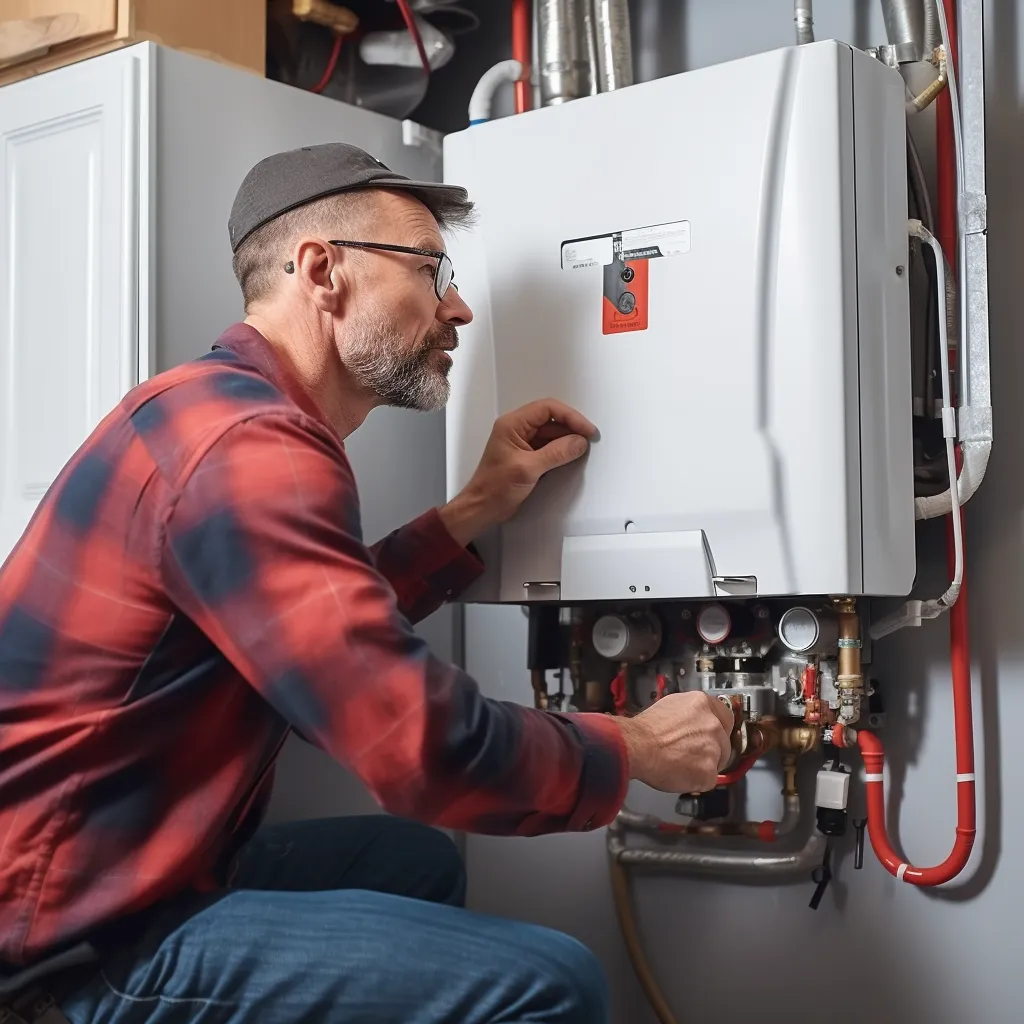
Maintenance of electric water heaters
Regular maintenance is crucial for optimal performance of an electric water heater. Be sure to periodically check the temperature and pressure relief valve to prevent overheating and potential explosions. Proper flushing of the tank every six months to a year can prevent sediment buildup inside the tank, which can decrease efficiency. Regular inspection and timely replacement of heating elements is also essential. Trust us to help you ensure safe operation and reliable production of your hot water.
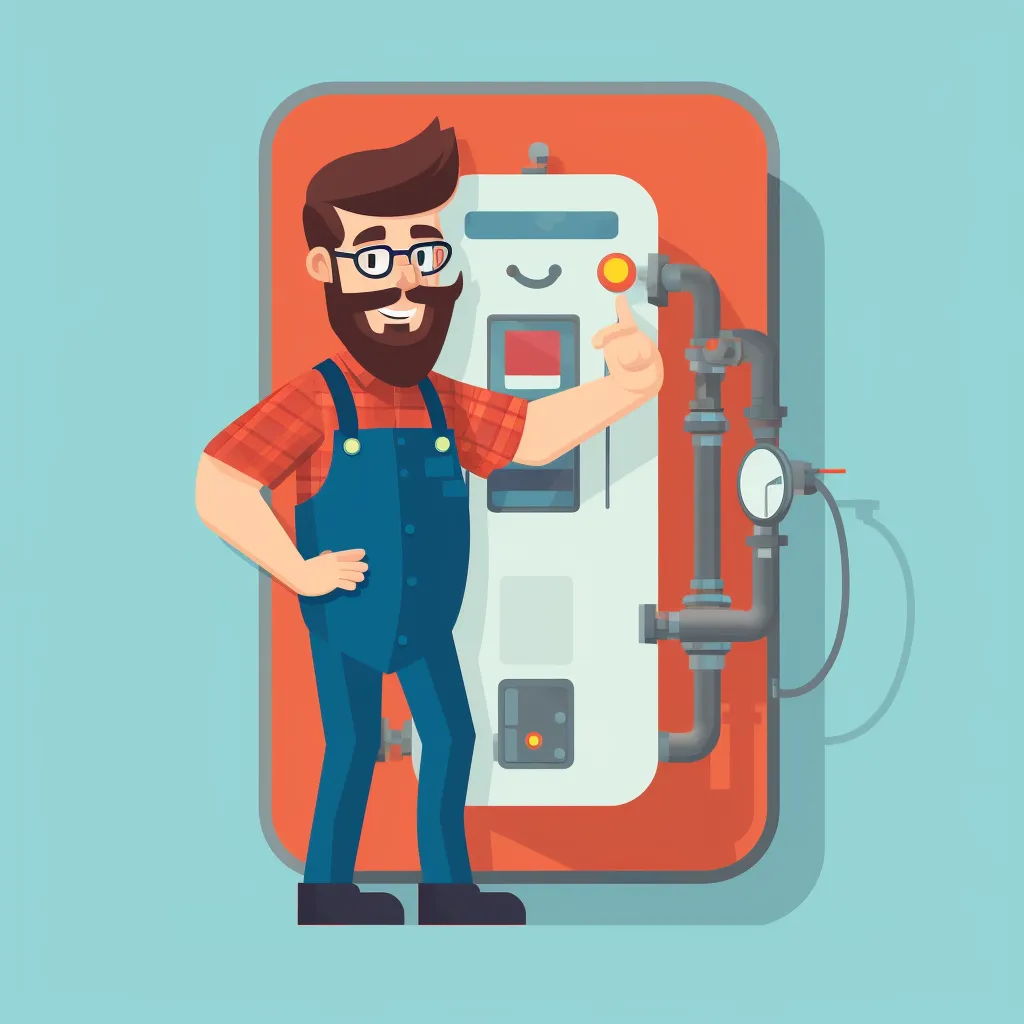
Maintenance of gas water heaters
To ensure optimal performance and safety, it's crucial to carry out routine maintenance on your gas water heater. This includes annual flushing of the tank to remove sediment build-up, periodic regulation of the anode rod to prevent rust, consistent monitoring of the burner and pilot assembly, conducting regular temperature and pressure relief valve tests, and thorough inspections for gas leaks. Proper maintenance will guarantee adequate hot water supply from your gas water heater for many years.
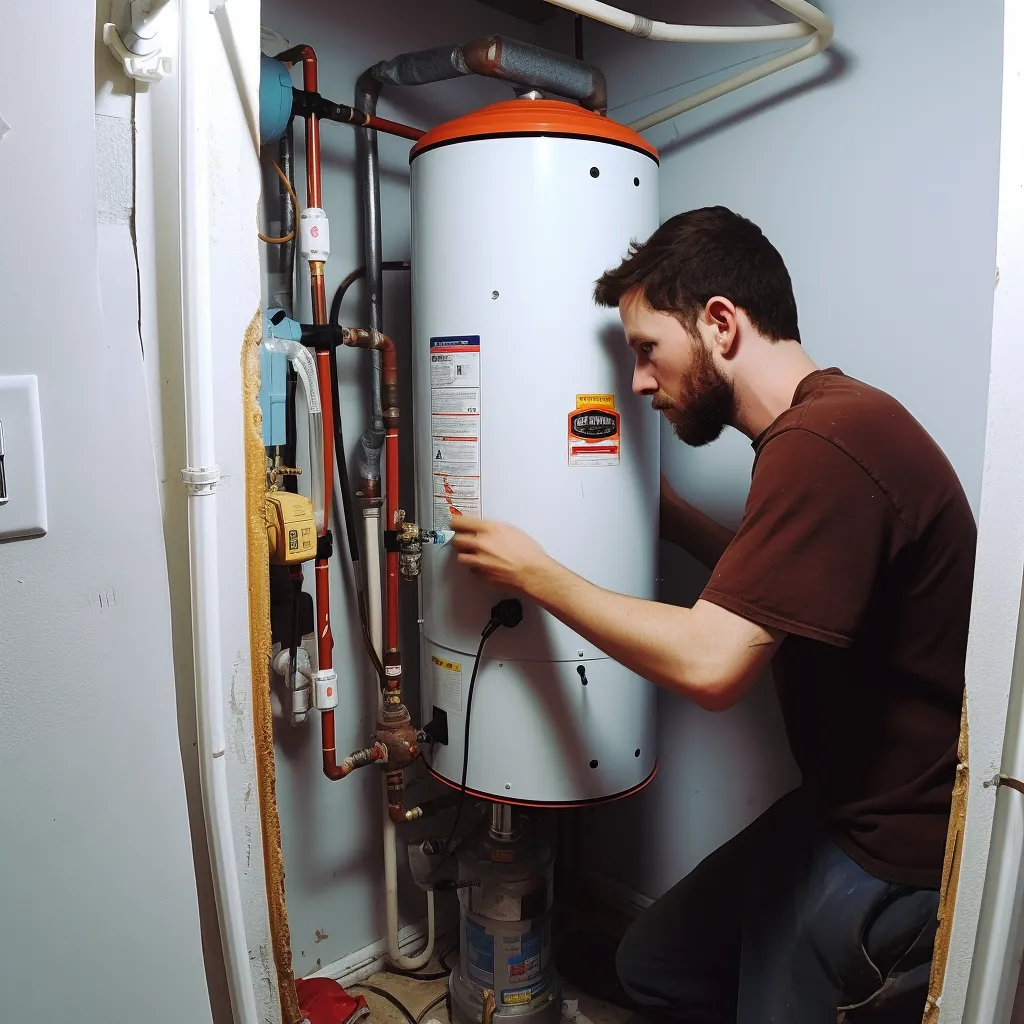
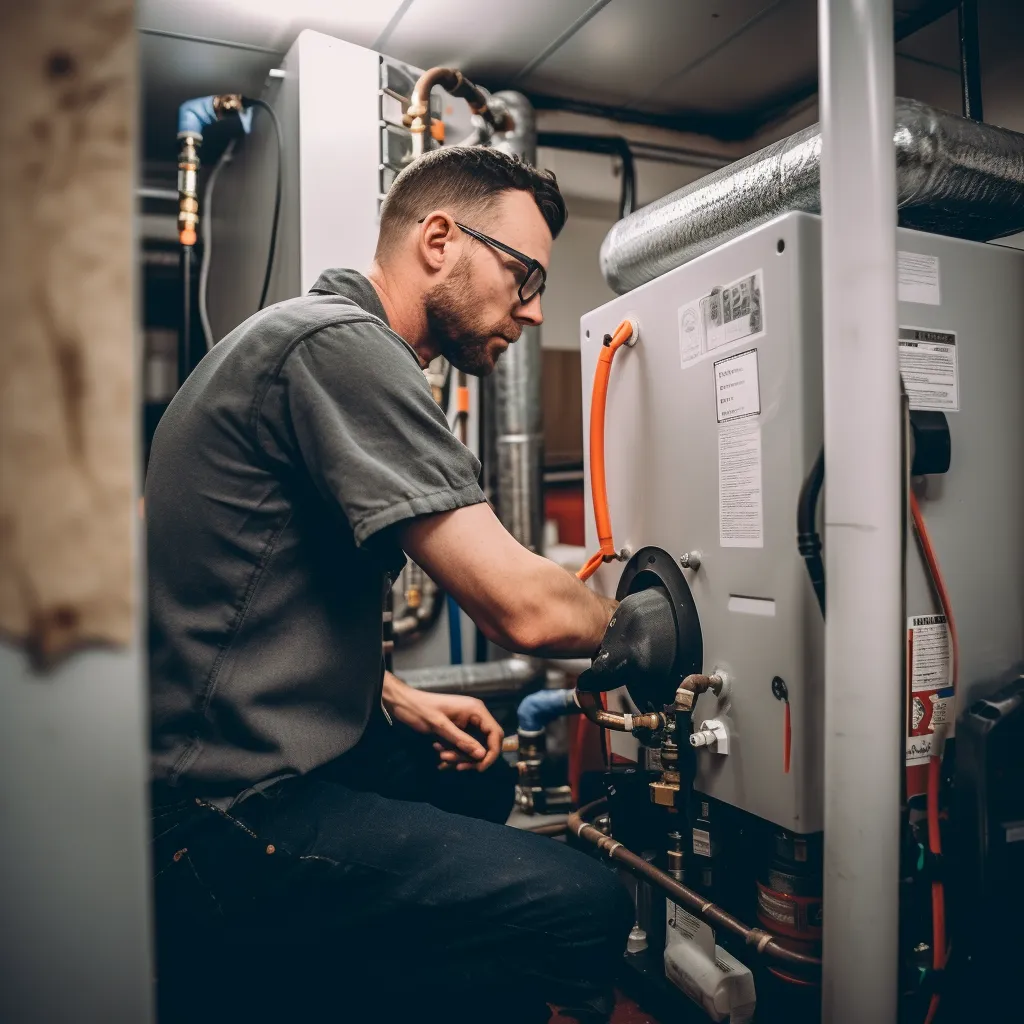
Safety considerations
of electric water heaters
To avoid any harm while using an electric water heater for your home's needs, it's important to take appropriate safety measures. Potential issues include the risk of electrocution if the machine is not adequately grounded or malfunctions, as well as the possibility of fires if it overheats or is placed too close to flammable substances. For best results, it's strongly advised that you follow the manufacturer's instructions closely and engage a licensed professional for installation. This will help guarantee long-term efficiency and minimize any unforeseen issues.
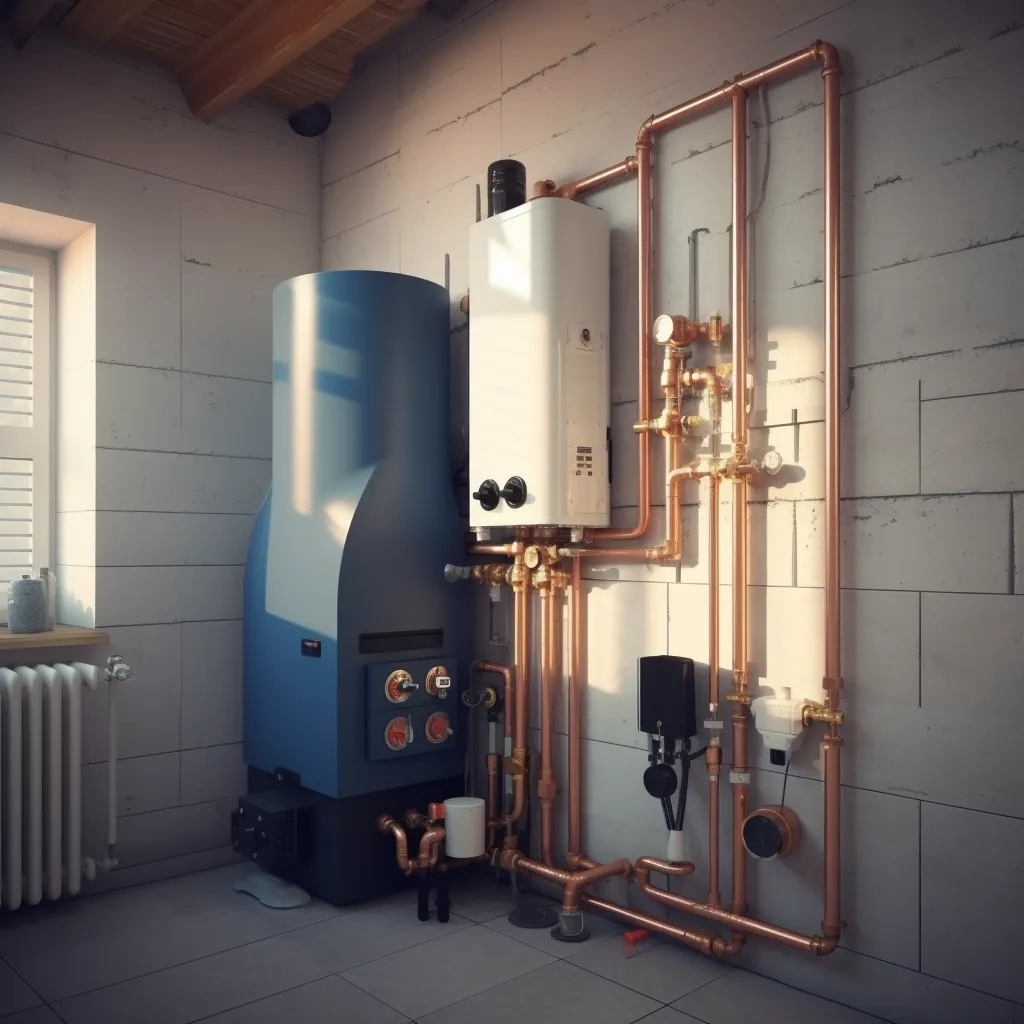
Safety considerations
of gas water heaters
Gas water heaters can be dangerous if they're not ventilated properly, causing carbon monoxide leaks that can be life-threatening. To prevent any such incidents, it's important to install a carbon monoxide detector, check and maintain your heater frequently, and make sure there are no flammable objects on or around it. Always prioritize safety and take precautions necessary to keep yourself and your family protected.
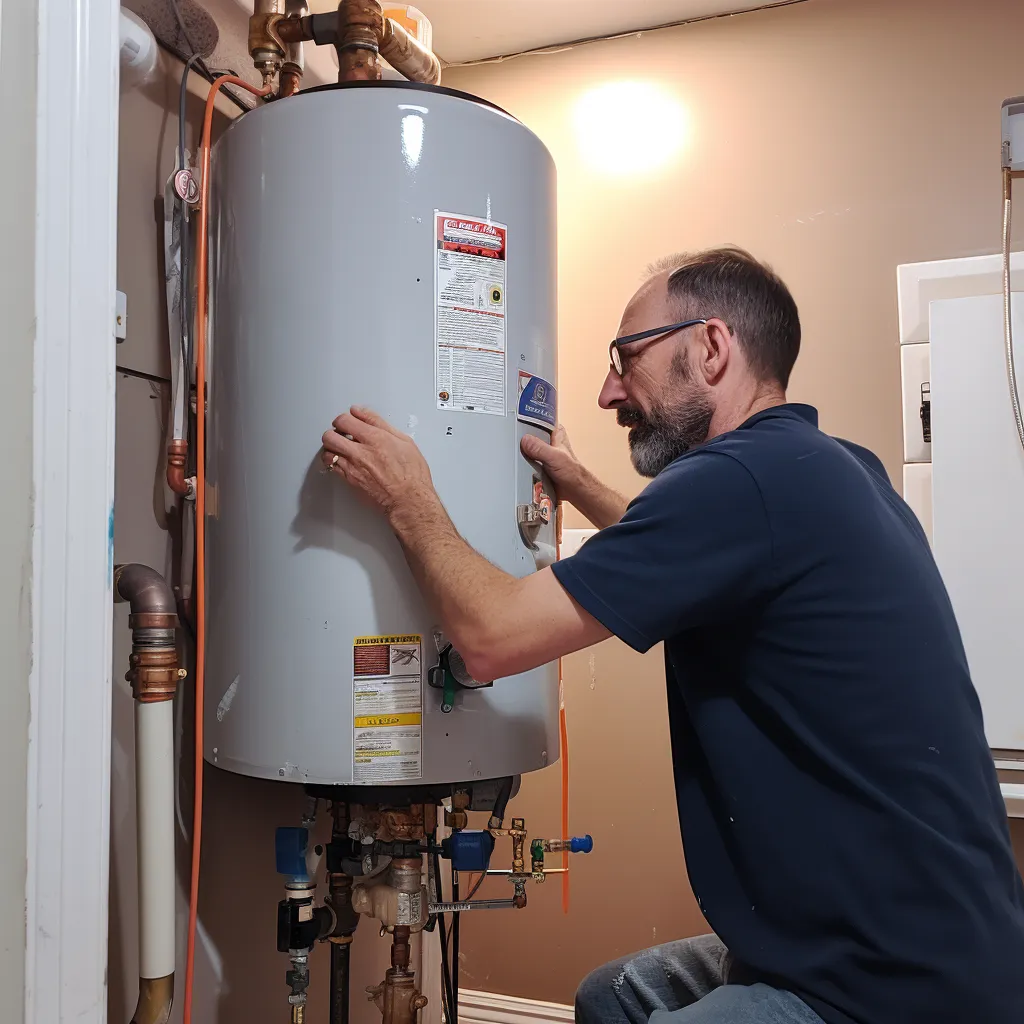
How to choose between gas vs electric water heater
When you're in the market for a new water heater, choosing between different types of models can be daunting. In order to make an informed decision, it's essential to take into account factors such as energy efficiency, water capacity, and the type of fuel source. These considerations can help guide you towards the right selection, whether you're looking for an electric or gas-powered option.
When selecting a water heater, it's important to choose the right type based on your household's specific needs. Consider the size of your home, how often you use hot water, and your budget before deciding whether to opt for an electric or gas water heater.
Electric water heaters are a popular choice for their lower upfront costs and easy installation, but gas water heaters can offer greater long-term savings. Gas heaters are generally more efficient and less expensive to operate, although they do require more maintenance due to their flammable components.
On the other hand, electric water heaters are more environmentally friendly as they emit fewer emissions and can help reduce your home's carbon footprint. Regardless of which type you choose, regular inspections are necessary to prevent safety hazards and ensure proper functionality.
Choosing between options is a question of individual inclinations and what fits your lifestyle and budget.
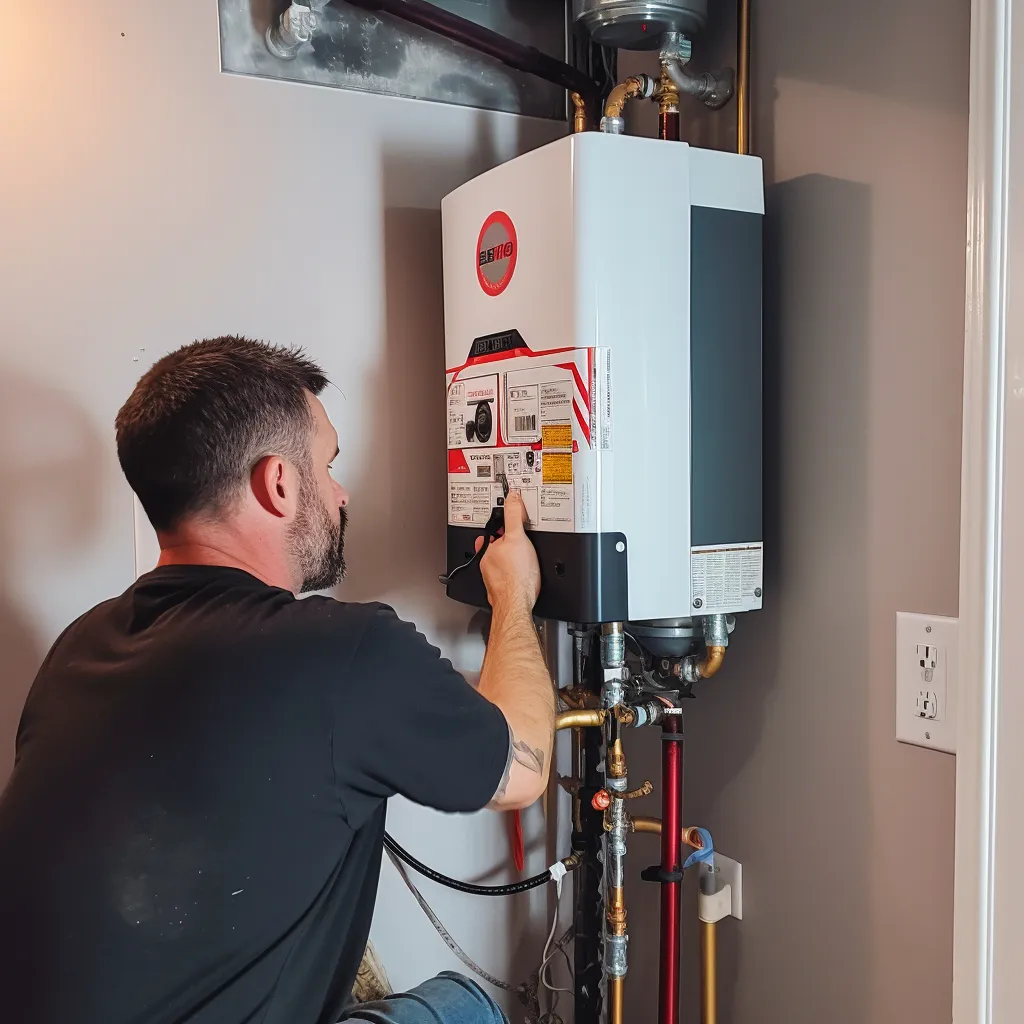
Why it's better to hire a water heater professional
For those seeking cost savings, a DIY approach to water heater installation or repair may seem like a viable option. However, this decision is often a risky one as critical installations and modifications require specialized knowledge. Homeowners may inadvertently create life-threatening situations, leading to expensive repairs or worse, injury. It's wise to hire a skilled and licensed professional to handle installation and repair jobs, ensuring optimal safety and expert handling of any potential issues that arise. Therefore, if you're looking to save time and discomfort while ensuring safe solutions, entrusting a licensed professional is the way to go.
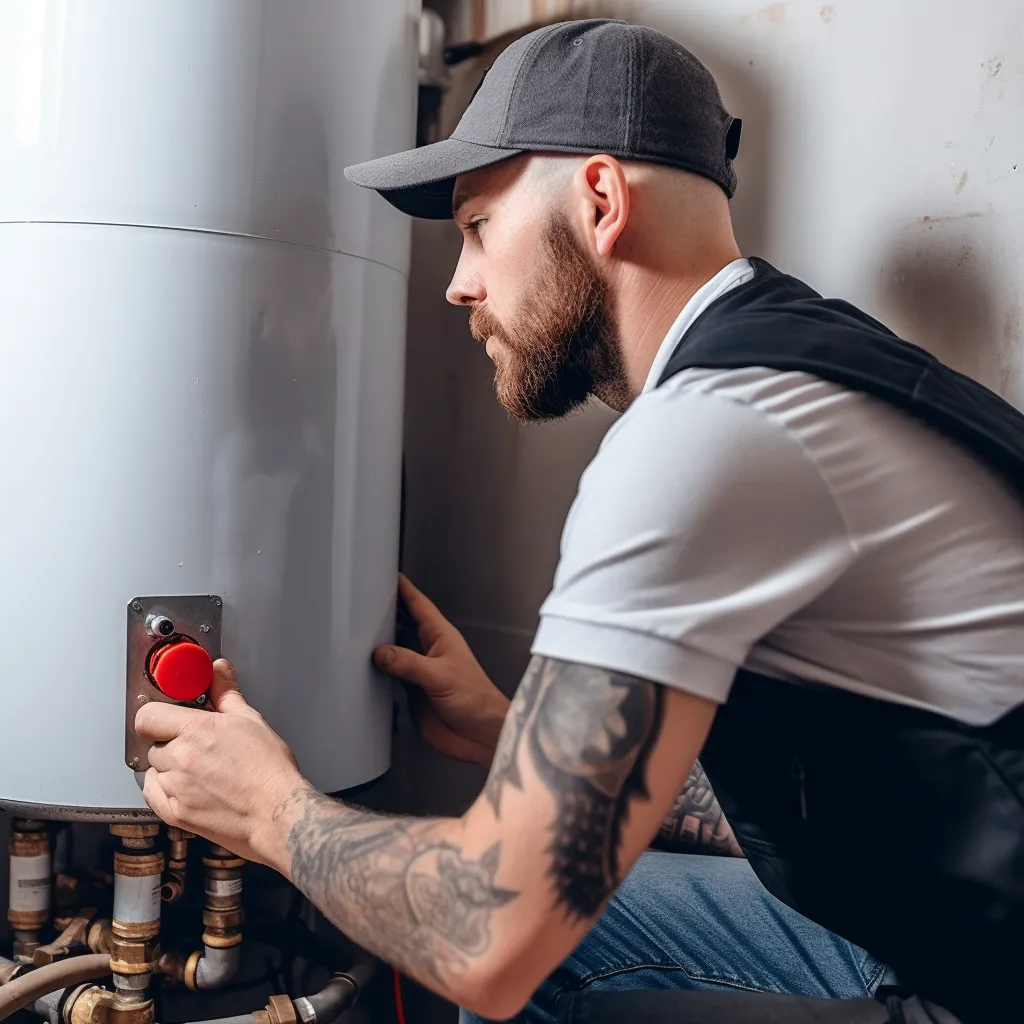
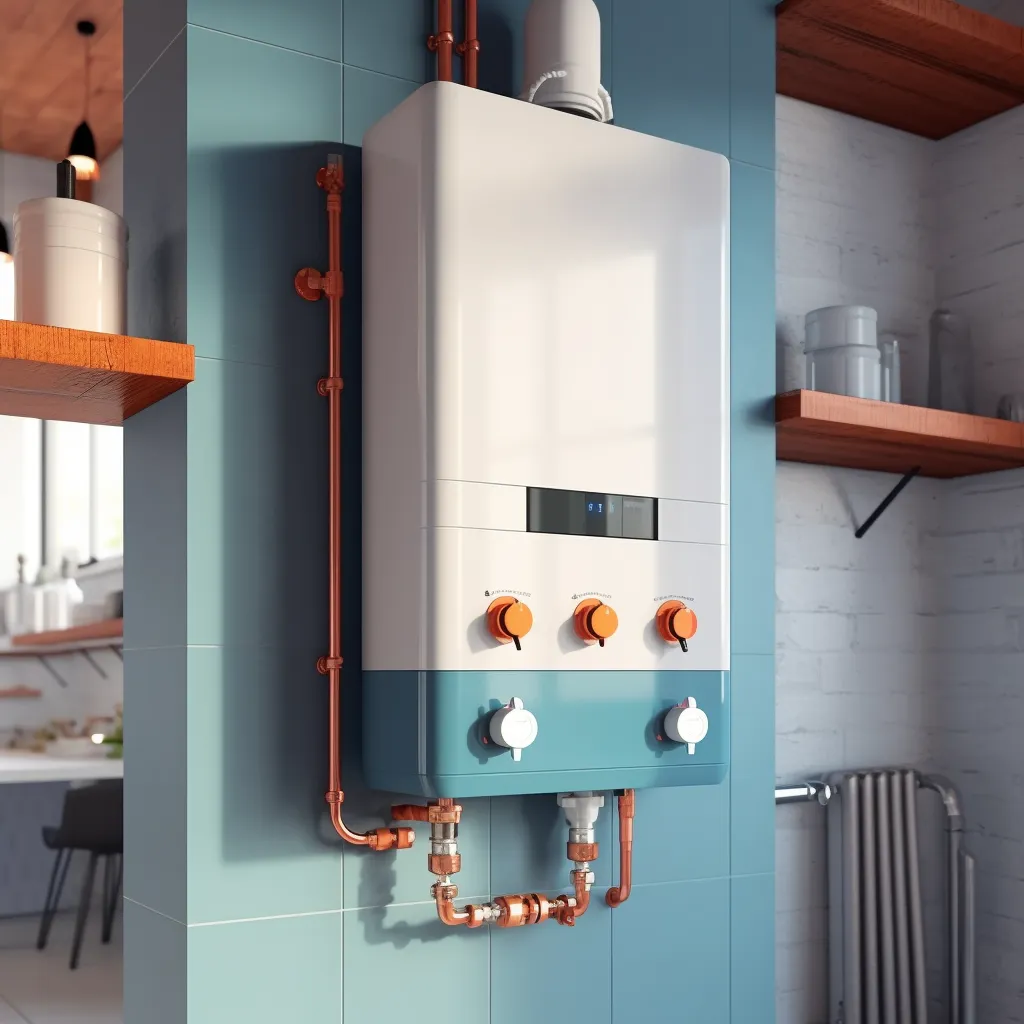
Be sure to research
Proper research is essential when choosing a water heater, with both electric and gas options having pros and cons. Safety and installation requirements should also be taken into account. By carefully considering these factors, you can find the ideal water heater for your needs. Remember, it's crucial to hire a licensed professional for proper installation to avoid any hazards.
Contact Us
GET IN FULL TOUCH
PHONE:+(803) 974-4242
EMAIL:
roger@waterheaterchester.com
Chester, SC 29706
